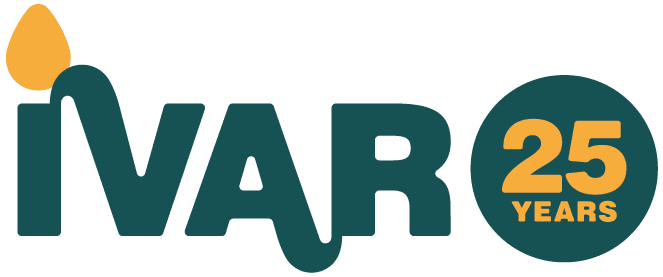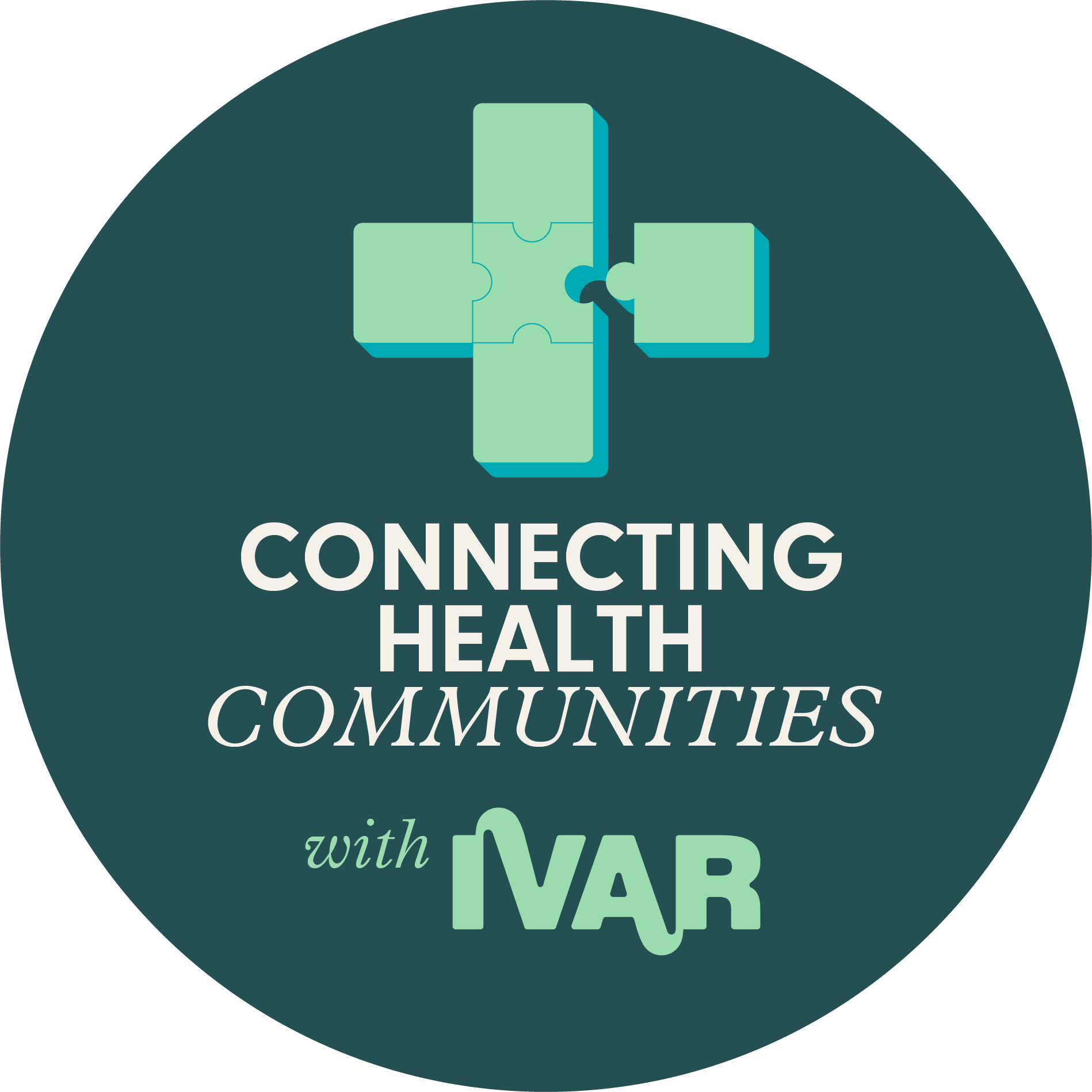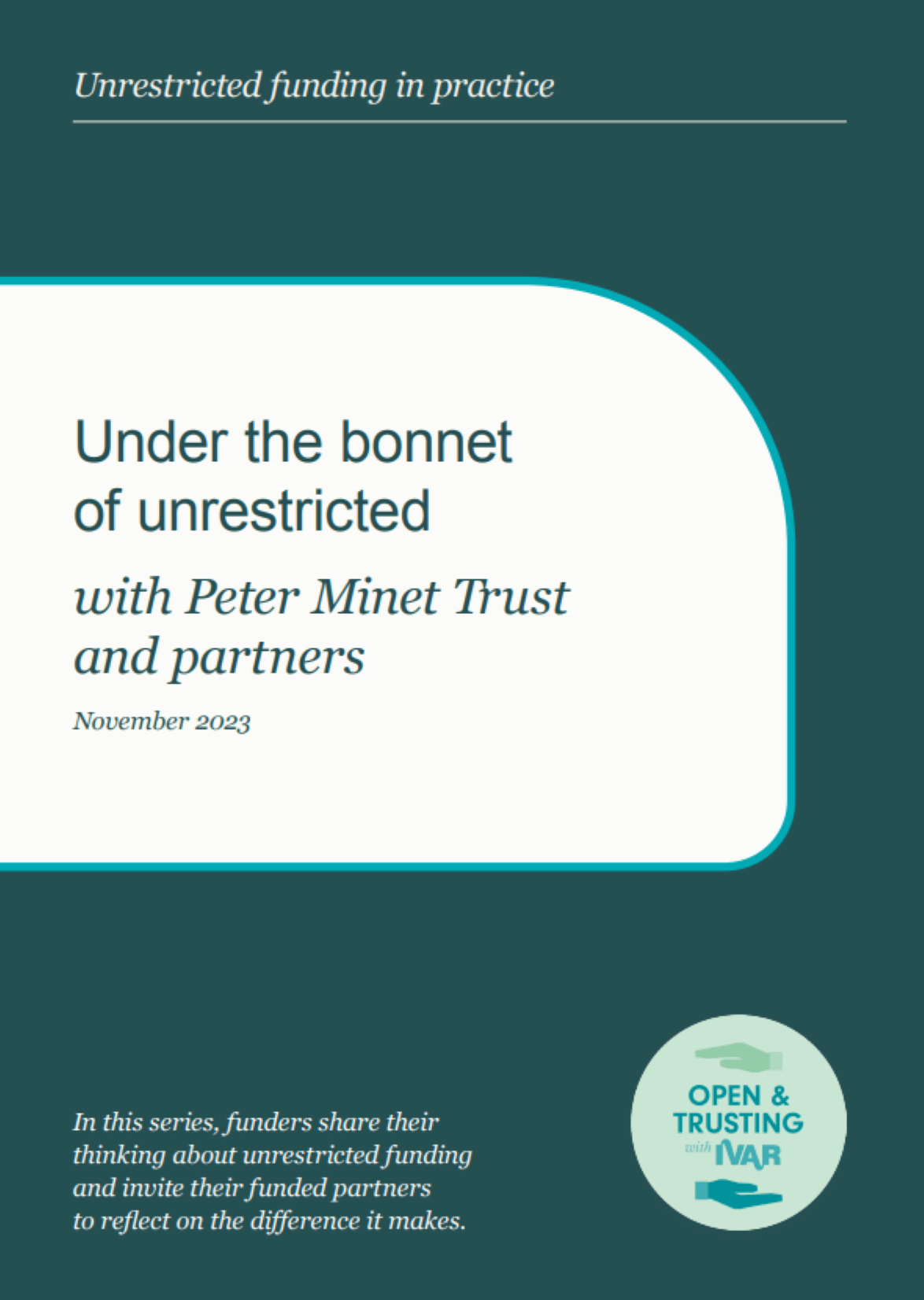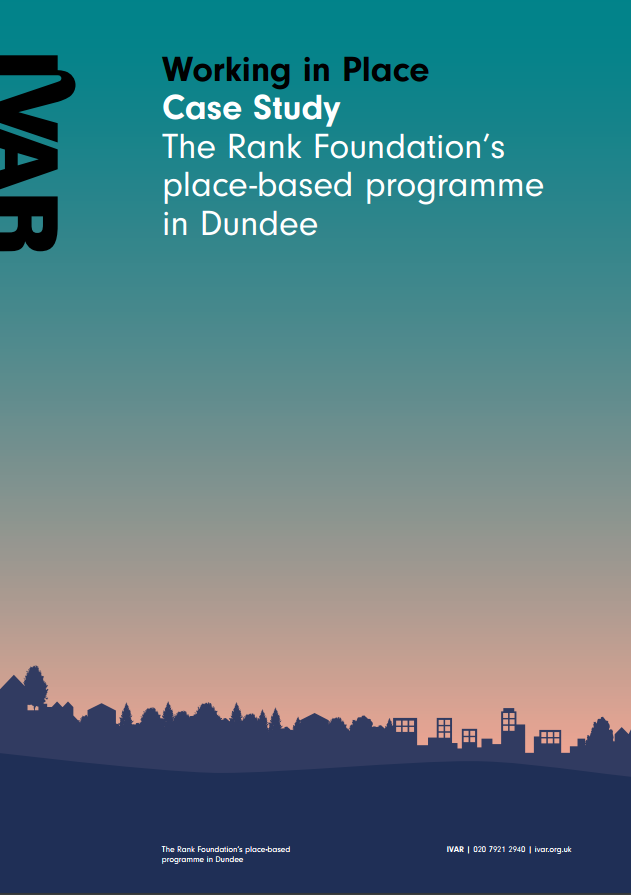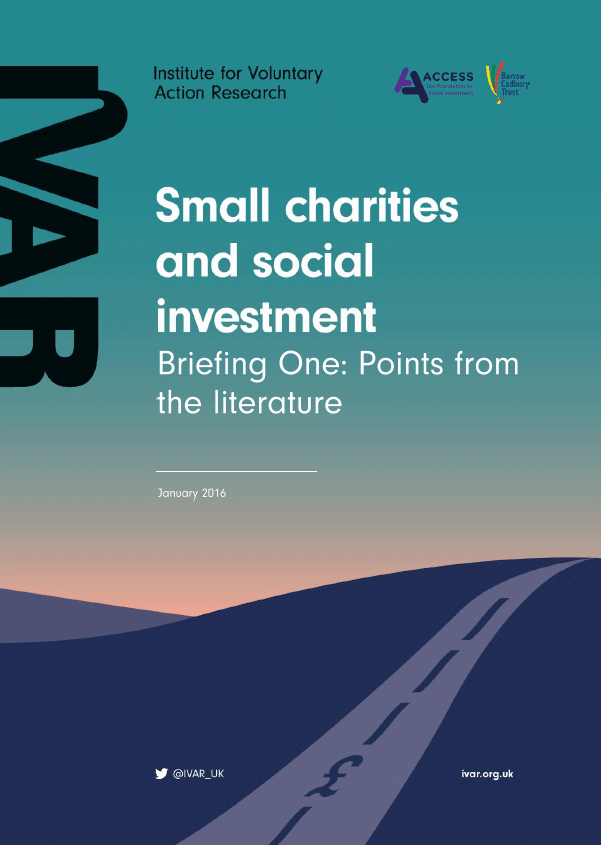You have a cross-sector health partnership in your local area with a shared vision and perhaps even seen some early wins, but how do you make that momentum last?
The Champions Network is a group of cross-sector trailblazers from health, local government, and the voluntary, community sector (VCS), working together to design and implement initiatives that address health inequalities in their local Connecting Health Communities areas. At a recent network session, leaders from across Dudley, East Sussex, North Yorkshire, St Helens, Wandsworth and Wirral came together to talk about effective strategies for creating sustainable change and some of the challenges they had encountered.
Here are some top tips from the sessions, with quotes and reflections to show how they apply in practice.
Start strong
Starting a project well is critical for success. Having a strong project foundation and working backwards to create a theory of change can be helpful. So, thinking about:
- What are you trying to achieve? Is this still a priority for your community?
- Why are you doing this? What else does this work link to?
- What difference will it make? What will success look like?
Key strategies include:
Bring key influencers on board early on: Having leaders present at the table is necessary, as one champion remarked, ‘as leaders we need to take the first action to start the ball rolling.’ However, it is important to recognise that leaders and steering group members may not always be the same as key influencers. Identifying who is missing and ensuring these strategic influencers are engaged is essential for building project momentum.
Clear accountability: Assign roles and responsibilities early on.
Keep it simple: Avoid making things unnecessarily complex. Simplify things as much as possible and ‘avoid trying to boil the ocean.’
Have a shared delivery plan: This will help to prioritise and allocate tasks. It is important to also build in pause points to check that these plans still align with any changes in the wider context.
Be prepared for disruption and change: Have discussions about contingency measures if certain factors change, e.g. staff turnover, funding disruptions. After all, ‘people leave posts or get pulled away, so how can you mitigate the impact of those changes early on?’
Connect to other initiatives: Avoid working in isolation or silos by asking the question early on and often, ‘what else does this link to?’ Identifying how your work ties into other efforts in the community is important.
Centre the community
A core challenge raised by the leaders is the importance of genuinely understanding the communities you aim to serve. This involves listening deeply and appreciating differences in language, culture, and experiences. Without this knowledge, even well-funded initiatives may fail to connect and make change happen. Community engagement is not just a box to tick. An ongoing relationship-building effort enhances trust and co-ownership of outcomes. In short, ‘you’ve got to walk out into the community to experience the things that really matter most.’
Move from talk to action There can be a tendency to discuss the same issues without actionable follow-up, with champions observing that: ‘It’s much easier to describe the problem than it is to do something about it.’
This unwillingness to move into action or ‘inertia’ often stems from:
Resource constraints: Money and capacity frequently determine how far projects can go: ‘The minute money stops, the project stops.’
Capacity: Some projects require significant time and effort but competing priorities, stretched workloads, and high demands on healthcare services limit the ability to make progress. All this means that ‘keeping key people interested and maintaining the momentum is a challenge.’
As leaders, it is vital to recognise these obstacles early on and think about strategies to mitigate their impact. Sustained change requires proactive planning and shared accountability.
Polarity management can be a helpful tool for thinking through these challenges and planning strategies. Read our blog below.
Embed a learning mindset
Maintaining momentum can be challenging once a project is underway, especially when faced with shifting priorities or external disruptions. Establishing a culture that embraces learning and experimentation helps organisations stay adaptable and resilient and avoid stagnation.
A mindset of continuous improvement: Embracing the idea that not everything will work perfectly the first time encourages a culture of curiosity and innovation. ‘Rather than being risk-averse, we need to accept that mistakes are inevitable but also opportunities to learn.’
Learning as a shared practice: Learning together, with those impacted by the work as well as those leading on it, can lead to more concrete results and collective ownership.
Documenting and sharing lessons learnt: Projects thrive when lessons are documented and shared. Institutional memory, built through storytelling and data, is vital for continuous progress. As one champion put it: ‘How do we ensure that what we’ve learned is passed on to the next person in the role or someone else working in the local area, so it is embedded beyond individuals?’
Sustaining change is not about perfection. It is about persistent learning, collaboration, and a deep commitment to serving the communities that depend on these efforts. These are some things that help sustain change in cross-sector work:
Resilience is built into projects from the start. This includes risk-assessing partner commitment and preparing for staff transitions.
Learning is as important as taking action. Gathering qualitative and quantitative feedback ensures that initiatives evolve based on evidence, not assumptions.
Inspiration and reflection are crucial for sustaining change over time. Talk to colleagues and peers; have regular check-ins with partners to rejuvenate energy and share wins; visit local projects and witness their impact firsthand; and reach out to inspirational speakers who can provide much-needed momentum and fresh perspectives.
To leave the final words with one of our champions:
The work can be frustrating, but you’re helping people. Ultimately, that’s the reward. Be inspired by communities.
This Champions Network session was part of IVAR’s Connecting Health Communities programme, which aims to support more equitable, community-led approaches to health. By creating space for honest reflection and shared learning across sectors, the programme helps local partnerships turn intent into sustained action.
